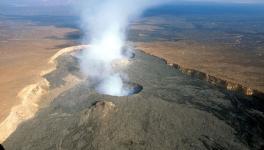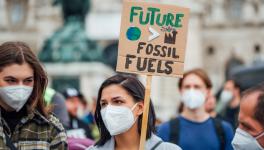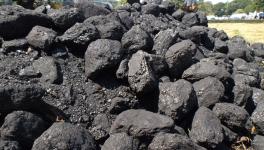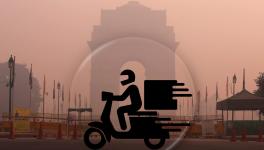Research Says Fossil Fuel Burning Caused 8.7 Million Deaths Worldwide in 2018
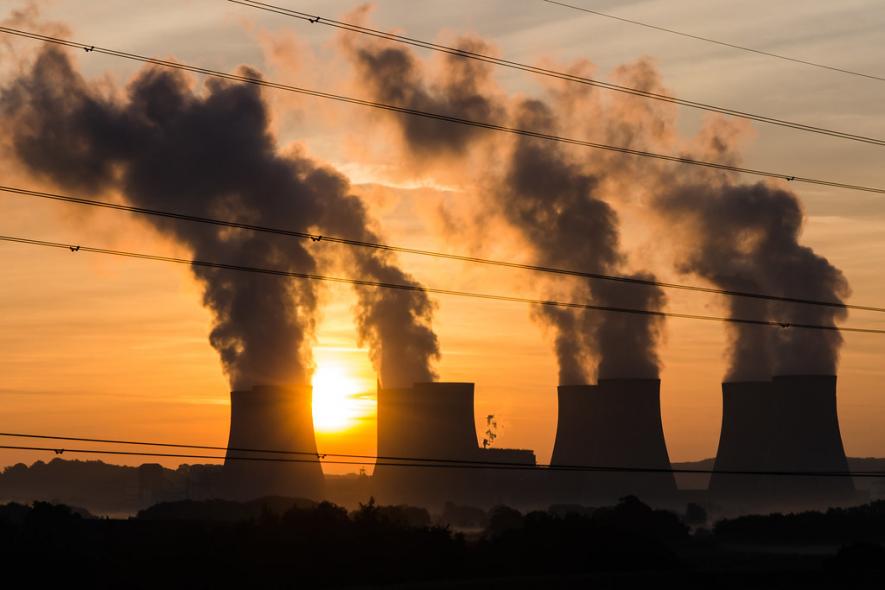
Image Courtesy: Flickr
The burning of fossil fuels caused 8.7 million deaths in 2018 alone, working out to about one in five people who died in that year. The staggering estimate has been revealed in a recent study published in the journal Environmental Research, shining a light on the massive threat to global health posed by burning fossil fuel.
Countries which consume large quantities of fossil fuels to run their factories, homes and vehicles have registered a larger number of deaths due to the pollution caused by them. The study found that one in every ten deaths in the US and Europe were due to fossil fuel pollution while eastern Asia, including China, has an even higher rate – one-third of the total deaths. Notably, South America and Africa recorded significantly lower deaths.
The study was the result of a collaboration among scientists from Harvard University, the University of Birmingham, the University of Leicester and University College, London.
Interestingly, according to its findings, the death toll due to fossil fuel pollution is higher than the total number of people dying from smoking tobacco and due to malaria combined. It is a well established scientific fact that burning fossil fuel generates pervasive air pollutants that are linked to severe clinical conditions including heart disease, respiratory ailments, and even the loss of eyesight.
A study published last year said that without fossil fuel emissions the life expectancy of the world population would have increased by a year on an average. Again, a Yale University study estimated that global economic and health costs would fall by about 2.9 trillion US dollars in a year in the absence of the fossil fuels.
The recent study’s estimates of global deaths due to fossil fuel pollution is higher than what previous studies had reported. For example, a significant study published by Lancet in 2019 found that 4.2 million annual deaths occur due to air pollution from dust and smoke emanating from wildfires along with fossil fuel combustion.
The new research adopted a more detailed analysis of the impact of airborne particles generated by power plants, cars, trucks and due to other sources. Sooty air particles known as PM 2.5 are really tiny, near about 30 times smaller than the diameter of a typical human hair. They are called PM 2.5 since they measure 2.5 micrometers in diameter. These tiny balls are really hazardous for the respiratory system; they can settle in the lungs after being inhaled and can cause a variety of other health-related problems aside from attacking the respiratory system.
The study did not solely rely on data pertaining to PM 2.5 based on satellite and surface observations, which is generally the case. The researchers used a global three-dimensional model of atmospheric chemistry monitored by NASA. This technique has a more detailed resolution and it provides the means to distinguish between pollution sources.
“Rather than rely on averages spread across large regions, we wanted to map where the pollution is and where people live, so we could know more exactly what people are breathing,” Karn Vohra, a graduate student at the University of Birmingham and a co-author of the study, reportedly said.
The study also said that India has become a hotspot for particulate matter pollution resulting from fossil fuel combustion. China is improving the quality of its air, however, the concentration of fine particles in the country is still high. The US has shown improvement but there are hot-spots in the north-eastern part of the country while Europe has a mixed pattern—some regions are less polluted while others show high levels of pollution.
Get the latest reports & analysis with people's perspective on Protests, movements & deep analytical videos, discussions of the current affairs in your Telegram app. Subscribe to NewsClick's Telegram channel & get Real-Time updates on stories, as they get published on our website.









